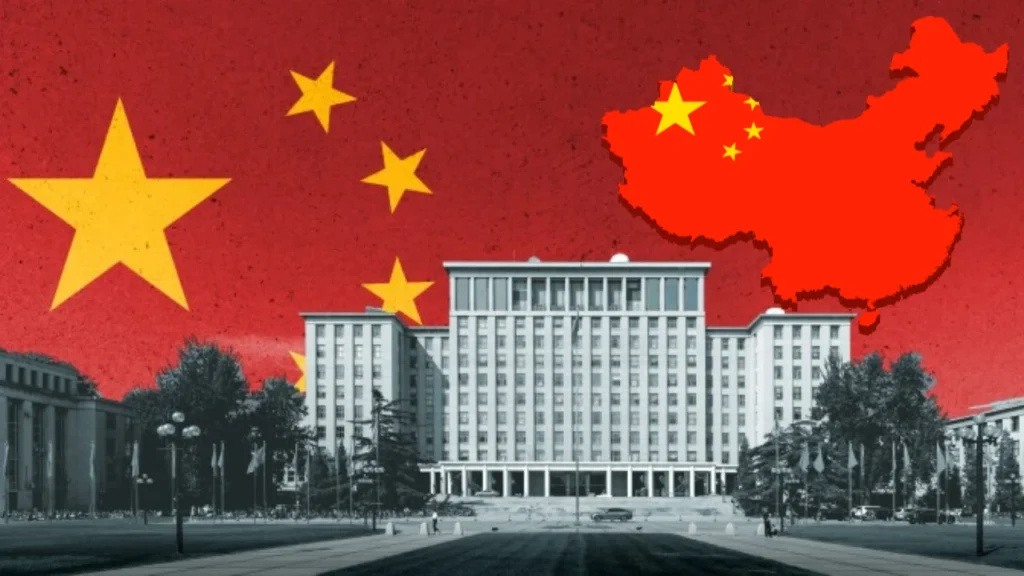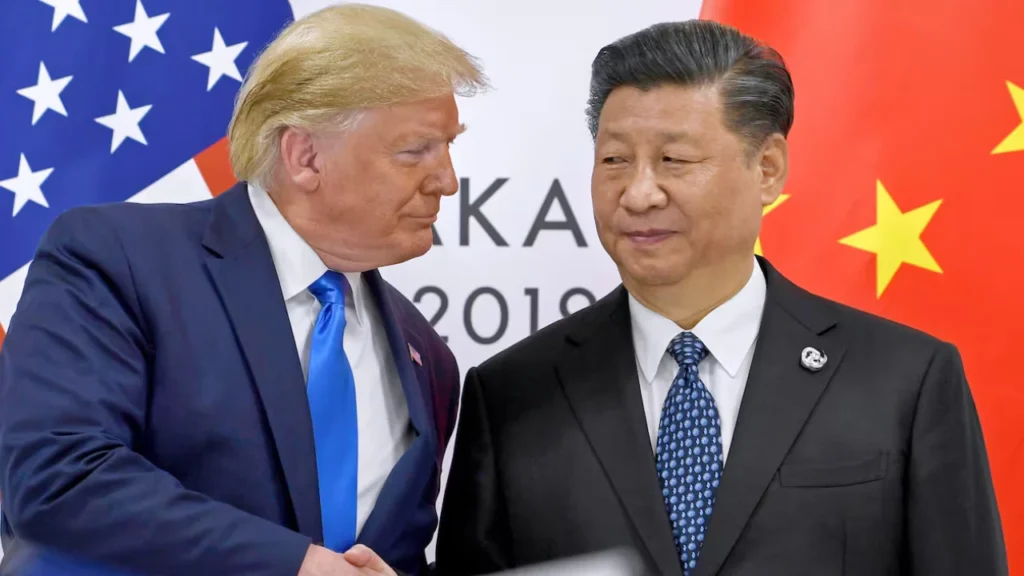China has tightened its grip on social media influencers. Introducing new rules that restrict who can speak on specialized subjects online. Under these updated regulations, only individuals with recognized university degrees are permitted to discuss topics such as medicine, finance, and education on digital platforms.
The move comes as part of Beijing’s broader effort to curb misinformation and maintain stricter oversight of online content. Authorities argue that complex subjects like healthcare, financial advice, and academic matters require expertise. And that unqualified voices have been spreading misleading or harmful information.
Influencers who violate these rules could face fines of up to ¥100,000 (around ₹11 lakh). Alongside potential bans from livestreaming or content creation platforms. The regulations also compel social media companies to verify the educational qualifications of creators who share professional or sensitive information.
For China’s vast influencer economy one of the largest in the world this change could be significant. Many popular content creators who built followings by simplifying professional topics may now have to shift focus or risk penalties. Platforms like Weibo, Douyin (China’s TikTok), and Bilibili are expected to enforce these guidelines strictly.
While supporters say the rule will enhance content credibility and public trust. Critics believe it limits free expression and could stifle independent commentary in sectors that shape public opinion. What this really means is that China is drawing a sharp line between entertainment and expertise and it’s a warning to creators that online influence now comes with professional accountability.





















